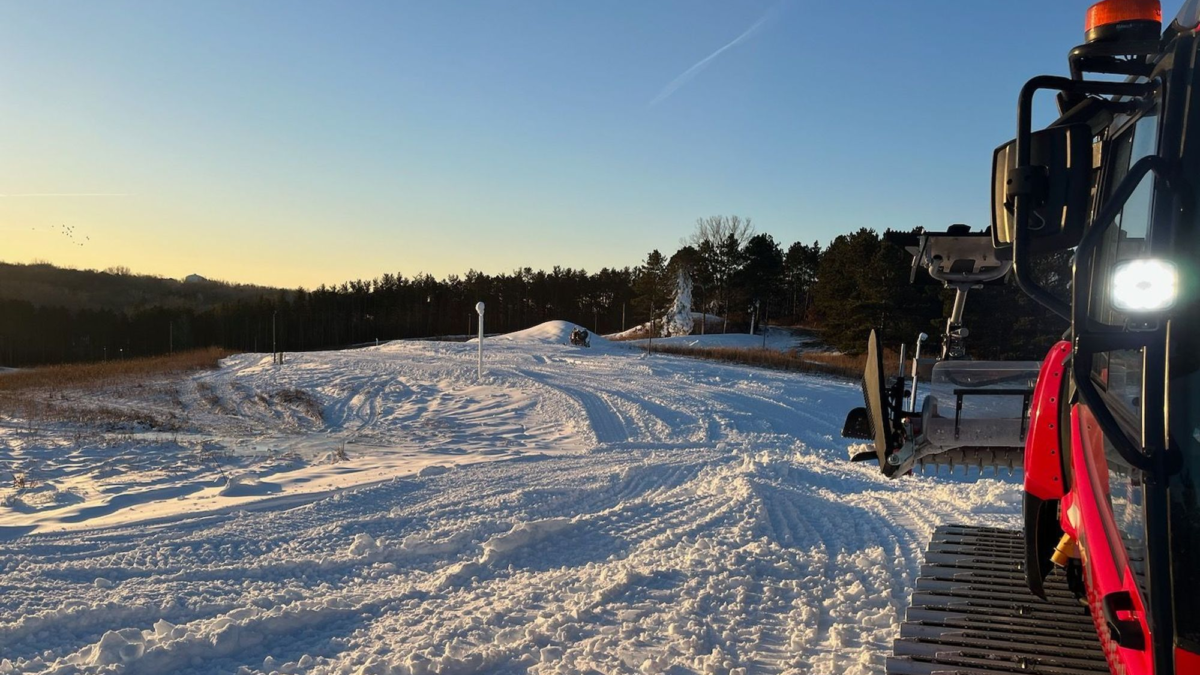The unseen driver behind the Central American migrant caravan: global warming – “We are seeing tremendous climate instability that is radically changing food security in the region”
By Oliver Milman, Emily Holden, and David Agren
30 October 2018
(The Guardian) – Thousands of Central American migrants trudging through Mexico towards the US have regularly been described as either fleeing gang violence or extreme poverty.
But another crucial driving factor behind the migrant caravan has been harder to grasp: climate change.Most members of the migrant caravans come from Guatemala, Honduras, and El Salvador – three countries devastated by violence, organised crime, and systemic corruption, the roots of which can be traced back to the region’s cold war conflicts.Experts say that alongside those factors, climate change in the region is exacerbating – and sometimes causing – a miasma of other problems including crop failures and poverty.And they warn that in the coming decades, it is likely to push millions more people north towards the US.“The focus on violence is eclipsing the big picture – which is that people are saying they are moving because of some version of food insecurity,” said Robert Albro, a researcher at the Center for Latin American and Latino Studies at American University.“The main reason people are moving is because they don’t have anything to eat. This has a strong link to climate change – we are seeing tremendous climate instability that is radically changing food security in the region.” […]Pausing for a rest as the first of the three recent migrant caravans passed through the Mexican town of Huixtla last week, Jesús Canan described how he used to sow maize and beans on a hectare of land near the ancient Copán ruins in western Honduras.An indigenous Ch’orti’ Maya, Canan abandoned his lands this year after repeated crop failures – which he attributed to drought and changing weather patterns.“It didn’t rain this year. Last year it didn’t rain,” he said softly. “My maize field didn’t produce a thing. With my expenses, everything we invested, we didn’t have any earnings. There was no harvest.” [more]
The unseen driver behind the migrant caravan: climate change
